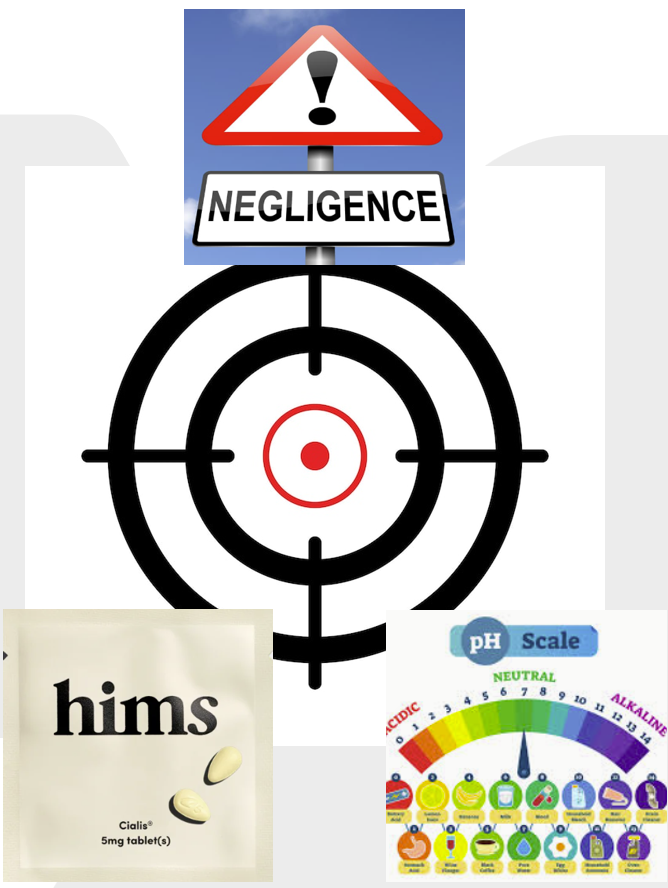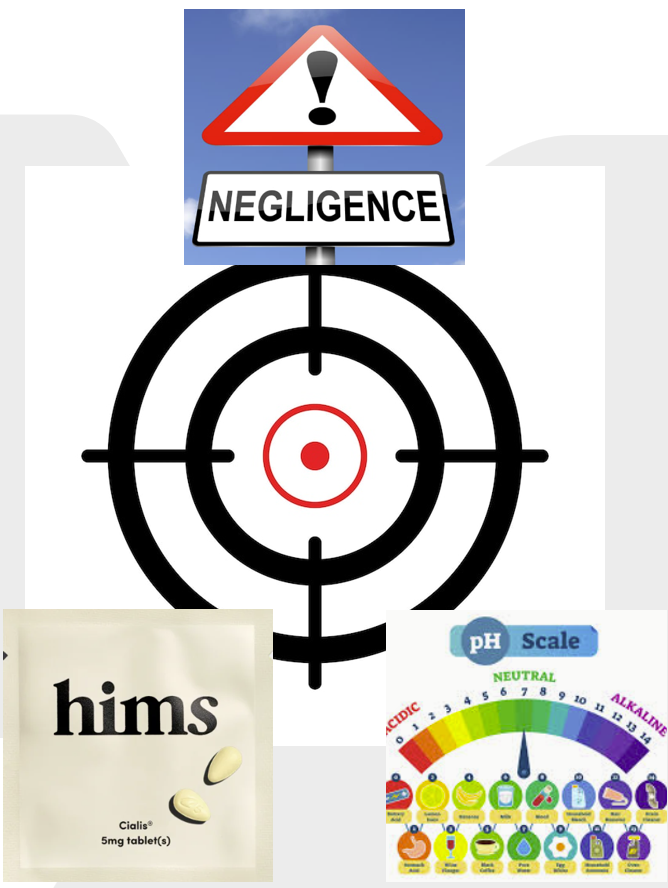7.1 Intentional Torts
1/53
There's no tags or description
Looks like no tags are added yet.
Name | Mastery | Learn | Test | Matching | Spaced |
|---|
No study sessions yet.
54 Terms
Battery Elements
Intent to make harmful or offensive contact to another person or anything connected to him
That actual contact
A person is holding a briefcase and a football while sitting in his car. Is there liability for battery if someone intentionally makes harmful or offensive contact with the car?
Yes (anything physically connected to that person that you intentionally make harmful or offensive contact with leads to liability for a battery)
T/F: A purely accidental contact that is harmful and not offensive can constitute a battery.
F (NEED intent)
Battery
Offensive contact is offensive to whom?
a reasonable person
Assault Definition
Intentionally causing reasonable apprehension of an imminent harmful or offensive contact.
Assault
"apprehension" means what?
awareness
Assault
"imminent" harm means what?
immediate
Assault
Is actual contact required for an assault to occur?
No
Assault
How will you know if it's a reasonable apprehension?
How will you know if it's imminent?
The facts will tell you.
Assault
When you see a gray area in the facts—like whether there was reasonable apprehension or an imminent harmful or offensive contact—what do you do?
Pick the answer most closely related to the gray area because that’s what’s being tested—the issue is your ability to identify the gray area in the first place, not to figure out yes or no.
Trespass to chattel definition
Intentionally interfering with P using his personal property
The tort of trespass to chattel involves [..1..] interference or [..2..] harm to personal property.
temporary, minor
In a trespass to chattel claim, the defendant is liable for the […] caused by the interference.
actual damages
Look for:
Diminished Value of the Chattel
Loss of Use
Cost to Remedy
Economic Losses: like lost business opportunities, such as lost rental income if commercial property (like equipment) was unusable due to the trespass.
Bodily Harm
Trespass to chattels
How will you know what the actual use, damage, or harm is to the property?
They'll tell you.
Trespass to chattels
What are they generally testing you on?
damages
Conversion definition
Intentionally interfering with the use of another's property, causing the it to be destroyed, lost, or gone
(i.e. converted because you're never getting it back)
Conversion
Does D need to have some sort of evil intent to destroy?
No.
Could be taking your phone to make a call, dropping it and destroying it
Conversion damages are what amount?
FMV at conversion
Conversion damages: how will you know how much it was worth at the time of the conversion?
They'll tell you
The distinction between trespass to chattel and conversion is what?
Seriousness of the interference
Trespass to land definition
Intentionally and physically entering another’s land
T/F: To be liable for trespass to land, a defendant must know they are on someone else's property.
F
Trespass to Land
Is damage to the literal physical land required?
No
IIED elements
Intentional or reckless conduct
That is extreme/outrageous
Causing severe emotional distress
——————————————————————
i/r
e/o
sed
IIED
Reckless conduct means acting with […], meaning D knew or should have known his conduct would cause distress.
malice
IIED: Physical harm required?
No
i/r
e/o
SED
IIED Bystanders
Path 1: Close Family Member
Close family member of victim
Present at the scene
Severe emotional distress
Path 2: Any Bystander
Present at the scene
Severe emotional distress
Emotional distress resulted in bodily harm
IIED Bystander Case Theory #2
Any bystander who suffers PHYSICAL harm.
False imprisonment definition
Intentionally confining plaintiff to a bounded area
While plaintiff is aware of the confinement.
The "bounded area" element of false imprisonment requires that there be no [...] means of escape.
reasonable
T/F: A person can be liable for false imprisonment even if the plaintiff was unaware of the confinement.
F (the plaintiff MUST be aware of the confinement)
Shopkeeper's Privilege
The merchant's detention must be reasonable 3x:
…
… and
…
suspicion
manner
time
Negligent trespass to land—elements
Negligently entering
another’s land
causing damage
Negligent trespass to land
What happens if you negligently drive onto someone’s property but you don't cause any damage to the property?
No liability

NIED elements
Negligent conduct
Plaintiff in zone of danger
Severe emotional distress
Severe PHYSICAL harm

NIED: how will you know if plaintiff was in the zone of danger?
They’ll tell you.
NIED: Can P recover for severe emotional distress alone?
No! (physical harm required)
NIED Bystander
Requirement for bystander recovery
Same as IIED Close Family Member Bystander
A defendant who negligently mishandles a [..1..] is liable for the emotional distress of surviving family members, even if the family members don’t suffer [..2..]
corpse
physical harm.
A plaintiff's […] to the defendant's conduct is a complete defense to an intentional tort.
consent
Consent can be [..1..] (given in words) or [..2..] (inferred from conduct or circumstances).
express, implied
Consent: defendant's conduct must not […] the scope of the consent.
exceed
Self-defense requires what belief?
reasonable belief someone will hurt you
Self-defense justifies the use of what?
Proportionate force
Defense of others—requirement
Reasonable belief it's necessary to defend someone
T/F: A homeowner may use deadly force to stop a thief from stealing their car.
F (defending property → deadly force)
Defense of property—essential bullet points (3)
Reasonable force allowed
No deadly force unless deadly force is thrust upon you
Reasonable belief in preventing the bad thing to your property
Defense of property: I can't use deadly force, unless
deadly force is thrust upon me
Necessity typically relates to what torts?
trespass to land
trespass to chattel
Private Necessity
There's no other action for you to take. You have to come onto someone’s land out of necessity to save your [..1..] or [..2..] from serious harm.
person, property
If you successfully assert private necessity for trespass, you are still liable for […]
actual damages caused to the property
Public necessity allows a person to enter another's land to avert an […]
imminent public disaster
If you successfully assert public necessity for trespass, you are NOT liable for […]
ANY damage to property
Never apply a defense to an intentional tort unless the question does what?
Asks you about a defense